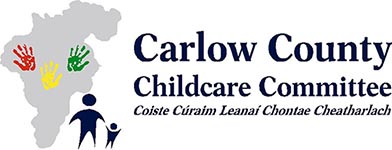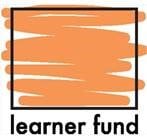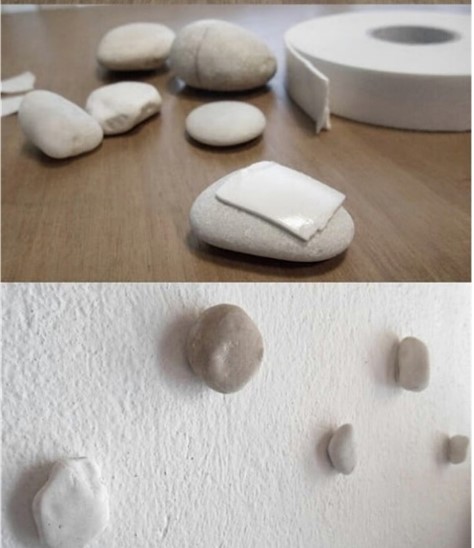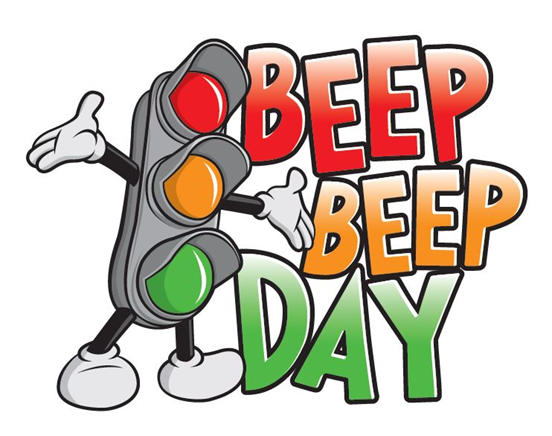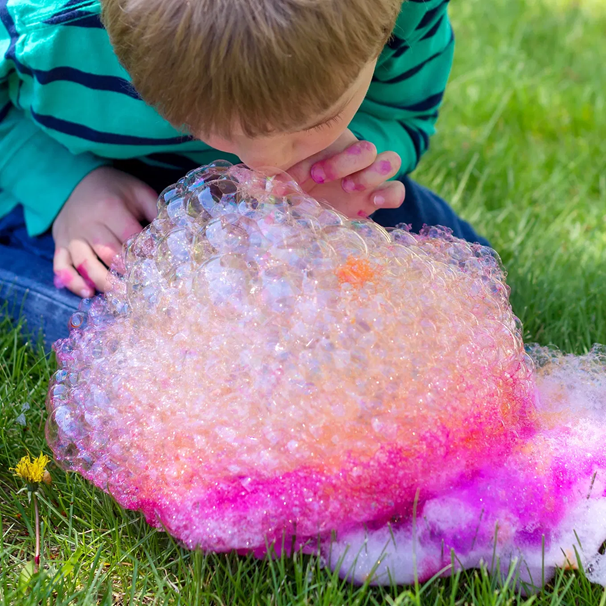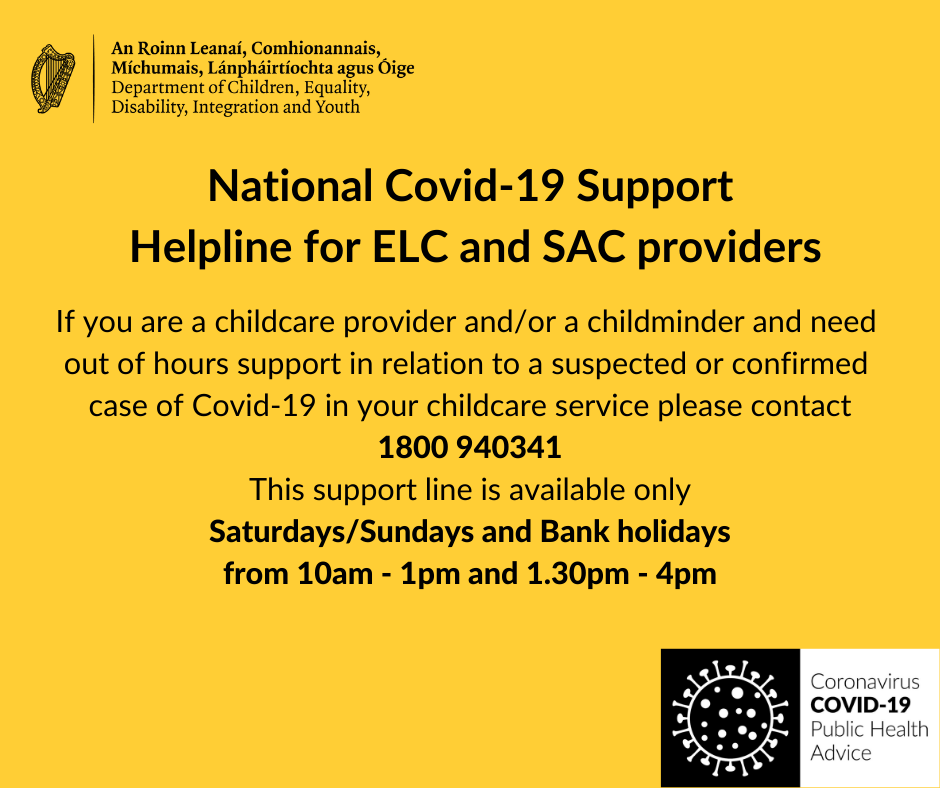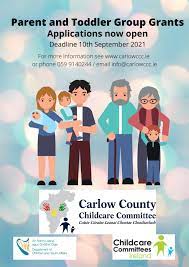~~~Attention Parents~~~
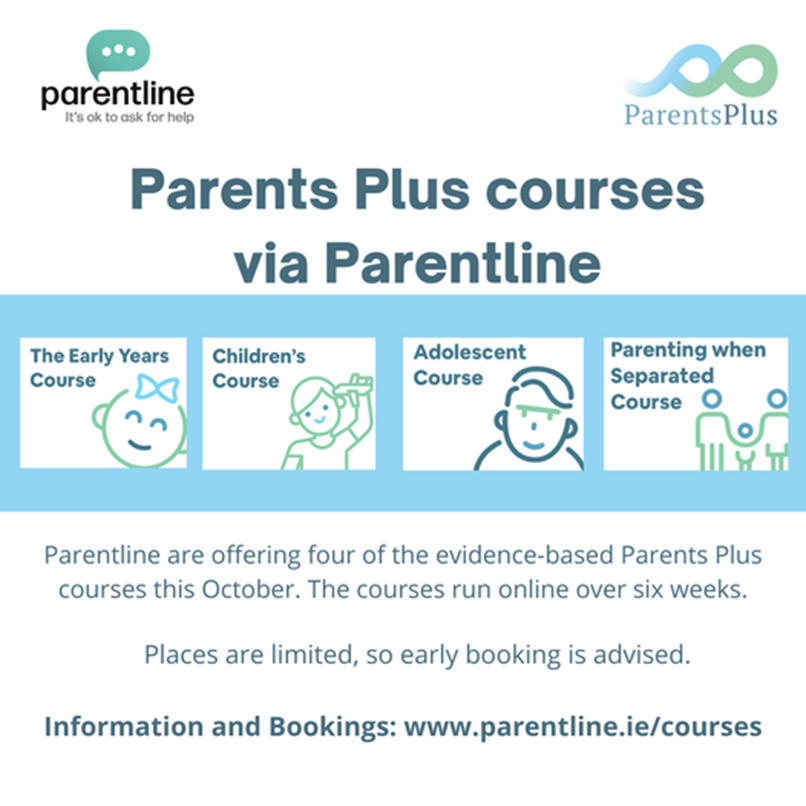
http://www.parentline.ie/courses/
Parents Plus are delighted to be working in partnership with Parentline to deliver four online parenting courses, which are open to the public, starting October 2021.
The online parenting courses include:
Parents Plus Early Years Course (1-6 year old’s), starting on Tuesday 12th October 2021, 7.30 – 9.30p.m.
Parents Plus Children’s Course (6-11 year old’s), starting on Tuesday 12th October 2021, 7.30 – 9.30p.m.
Parents Plus Adolescent Course (12-17 year old’s), starting on Wednesday 13th October 2021, 7:30 – 9:30p.m.
Parents Plus Parenting when Separated Course, starting Friday 5th November 2021, 9:30 – 11:30a.m.
Bookings are through Parentline, and open to parents in the Republic of Ireland only.
For more details on how to book see our newsletter https://bit.ly/3kaFXPL
